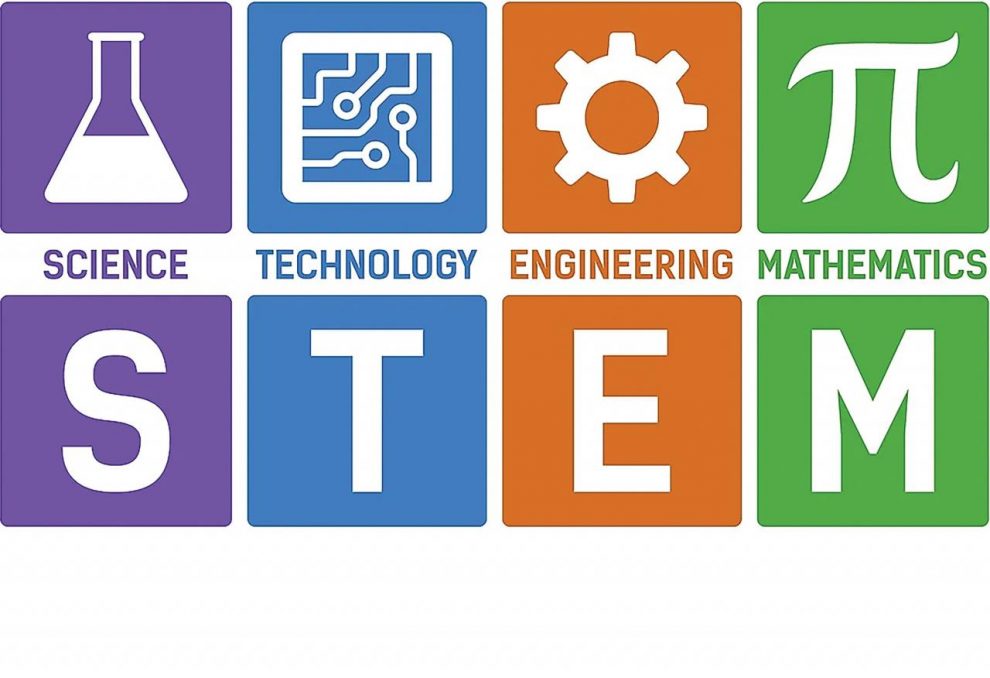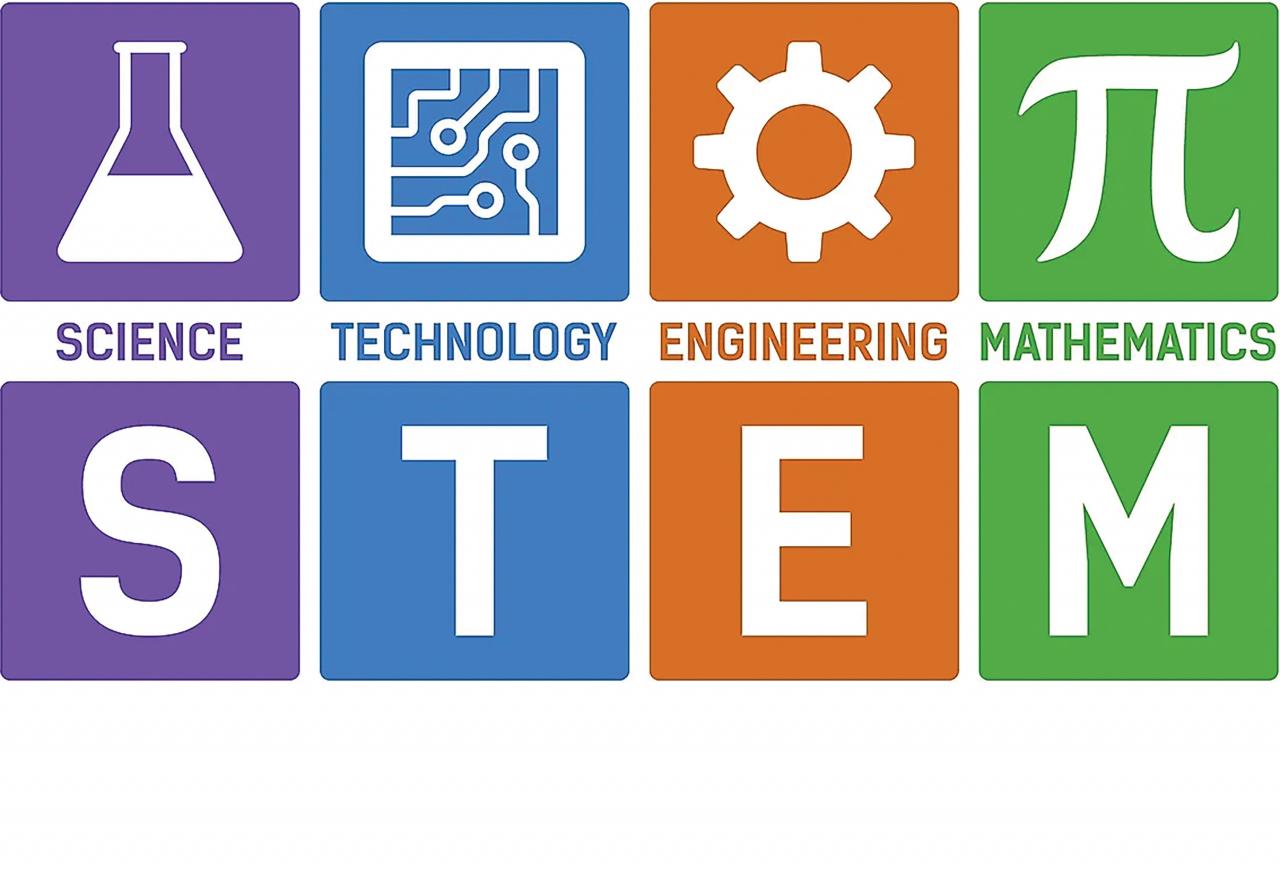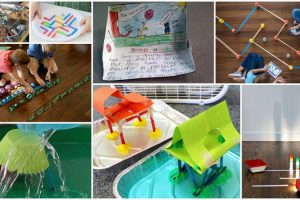Science, technology, engineering and math (STEM) fields offer diverse, in-demand career opportunities. Students exploring STEM often wonder – what types of jobs can I pursue? How should I prepare? Here we explore pathways and advice to launch a STEM career.
Computer Science and Information Technology
With our digital world expanding exponentially, CS and IT careers remain some of the fastest-growing and highest-paying. Possible roles include:
- Software developer – Design, build, and improve software applications and systems
- Computer systems analyst – Study an organization’s tech needs and help integrate solutions
- Database administrator – Manage and organize data using database systems
- Computer network architect – Design, build, and maintain computer networks
- Information security analyst – Plan and carry out security measures to protect systems and data
“A tech career lets you combine creativity, logic and problem-solving to build products and services that impact lives,” notes code.org founder Hadi Partovi. CS and IT offer limitless innovation opportunities.
Engineering
Engineers design solutions that shape our constructed world. Major branches and related careers include:
- Civil engineering – Design bridges, roadways, buildings, and other infrastructure
- Mechanical engineering – Invent and analyze machines, devices, sensors and systems
- Electrical engineering – Work on power generation and electrical systems, components and equipment
- Chemical engineering – Apply chemistry to develop new materials, products, and processes
- Environmental engineering – Develop solutions to environmental issues like pollution, recycling, and public health
“Engineers get to work on cutting-edge innovations that improve human lives and society,” says engineer and inventor Patricia Bath. Engineering careers merge science with hands-on creativity.
Mathematics
While less obvious than CS or engineering, exciting opportunities exist for math-minded professionals:
- Data scientist – Extract insights from complex data sets through statistics, modeling, and analytics
- Actuary – Analyze financial risks and uncertainty to inform insurance policies and practices
- Financial analyst – Provide guidance and conduct quantitative analysis on investments and financial decisions
- Cryptologist – Develop codes to transmit sensitive information securely and analyze encrypted data
- Mathematician – Advance mathematical knowledge through research and analysis
As math educator Jo Boaler explains, “Math opens up worlds of incredible opportunity…for solving our world’s problems.” Math skills translate into diverse careers.
Natural Sciences
Those fascinated by the natural world can pursue rewarding science careers like:
- Medical scientist – Conduct research to study diseases, treatments, and human health
- Chemist – Investigate properties of materials and chemical reactions
- Environmental scientist – Study environmental hazards and advise on sustainability issues
- Biologist – Research animals, plants, genes, cells or ecosystems
- Astronomer – Observe and analyze celestial bodies like stars, planets, and galaxies
“Science lets you follow curiosity while working to understand our world and improve lives,” says physicist and TV host Neil deGrasse Tyson. Careers in natural science remain in high demand.
Healthcare
At the intersection of science and medicine are clinical roles like:
- Physician – Diagnose and treat injuries, illnesses, and medical conditions
- Pharmacist – Dispense medications and advise patients on usage and impacts
- Dentist – Provide dental care including prevention, diagnosis, and treatment
- Veterinarian – Care for the health of pets, livestock, and zoo animals
- Nurse practitioner – Provide specialized nursing care including assessments and treatment plans
“Healthcare needs compassionate, dedicated STEM professionals to care for people and make them whole,” explains pediatric neurosurgeon Dr. Ben Carson. Clinical practice allows direct patient care.
Education
Those passionate about STEM can also inspire future generations through education careers including:
- Teacher – Plan and deliver STEM instruction at elementary, middle and high schools
- Professor – Teach STEM courses and conduct academic research at colleges/universities
- Curriculum developer – Design instructional materials and content for STEM subjects
- Education technologist – Find ways to leverage technology to enhance STEM teaching and learning
- Education administrator – Provide leadership and oversight for school districts, programs, or departments
“Great STEM teachers open doors for students to pursue amazing careers,” remarks astronaut and educator Dorothy Metcalf-Lindenburger. Education multiplies STEM opportunities.
Building a Strong Foundation
How can students prepare for STEM careers? Key tips:
- Take advanced STEM courses in math, science, and technology during high school like calculus, physics, computer science, etc.
- Develop computational thinking and coding skills through classes or independent online learning.
- Build transferable abilities in problem-solving, critical thinking, research, data literacy, collaboration, and communication.
- Join STEM-focused clubs or competitions like Science Olympiad, robotics, math modeling, or coding camps to demonstrate passion.
- Volunteer or complete internships with local STEM companies or university labs to gain real-world experience.
- Make connections with STEM mentors and professionals through school partnerships or sites like Million Women Mentors.
Gaining exposure and foundational skills makes students stand out and confirm their interest in STEM areas. It also fosters invaluable mindsets like persistence.
Choosing Higher Education Pathways
Common educational routes into STEM careers include:
- Bachelor’s degrees in mathematics, engineering disciplines, computer science, biology, physics, chemistry, and more. A 4-year STEM major builds knowledge and resume credentials.
- Master’s degrees like engineering, bioinformatics, and data science allow specialization and advanced scientific training preferred for some STEM roles.
- MBA programs offer managerial and business expertise to complement STEM backgrounds, especially for leadership roles in tech and engineering companies.
- Bootcamp certificates in areas like web development, data analytics, and cybersecurity teach in-demand technical skills through intensive training over weeks or months. Their accelerated timelines facilitate quick entry into tech fields.
- Apprenticeships combine paid on-the-job training with classroom instruction related to industries like advanced manufacturing and IT. These earn credentials while gaining practical experience.
Targeted degrees, certifications and on-the-job training prepare students for competitive, rewarding STEM occupations. Blending STEM with business, policy or communications coursework also develops versatility.
Exploring Possible STEM Careers
Students can optimally define and pursue their STEM interests through:
- Job shadowing at STEM companies or labs to directly observe professionals in possible careers
- Informational interviews with those working in compelling roles to hear their insights
- Workplace tours and field trips to experience real STEM settings firsthand
- Career fairs or panels to interact with diverse professionals and employers
- Internships and co-ops to build networks and hands-on experience in priority fields
- Following STEM news and innovations related to industries of interest
According to Stanford d.school professor Bernard Roth, “Design your career around passions and people, not just perceived prestige.” Exploring options guides purposeful STEM paths.
Whether coding apps, designing spacecraft, studying genes, teaching physics, or advancing health equity, STEM professions empower people to make an enduring impact. There are countless ways to blend science with purpose through a STEM career.


















